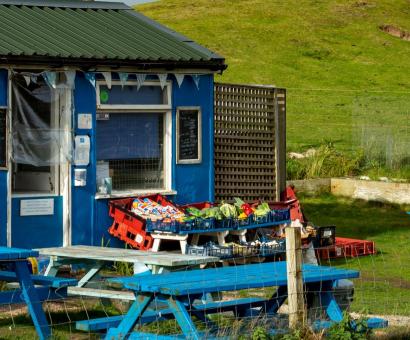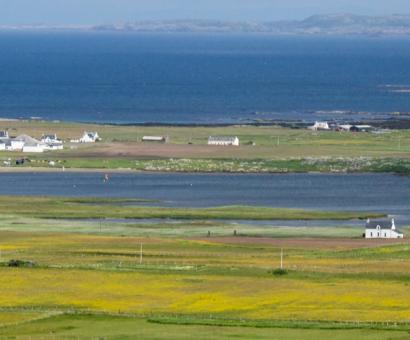Contextualising the Rural
This policy spotlight provides context as to what we mean by rural areas and communities and how we perceive the persistent challenges we are exploring as part of the ReRIC project. The other spotlights in this series are: Rural and Island Policy in Scotland, Introducing the Rural, Population and Migration in Rural Scotland, Housing in Scotland's Rural and Island Communities, and Social Exclusion and Marginalised Voices in Scotland's Rural and Island Communities.
Over the past two decades there has been an increase in research on rural population changes, the shifting socio-economic characteristics of rural communities, patterns of mobility and detailed, place-based studies examining the socio-cultural effects of these changes. The focus of rural studies has shifted from theoretical discussions of rural development, simplistic views of rural life, and an urban-centred perspective. Instead it now favours a more culturally informed, local, and often qualitative research into rural areas and communities.
However, a gap remains in how the concept of 'rural' is understood. Too often, 'rural' is viewed simply as the 'absence of urban', making it difficult for both academics and policymakers to draw meaningful conclusions or develop targeted rural policies. While there is diversity across and between different types of rural areas, it has taken time for academia to move beyond a narrow 'non-urban' interpretation and recognise the rich diversity within rural communities and regions.
This policy spotlight outlines some of the key concepts from rural academic research and discusses them in relation to the key characteristics of rural Scotland.
Read the full policy spotlight below or via DOI: https://doi.org/10.6084/m9.figshare.24057231.v1.









